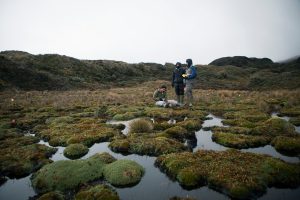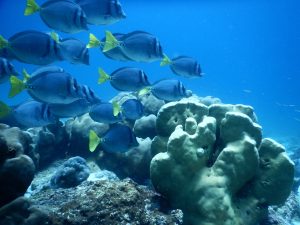Research Areas
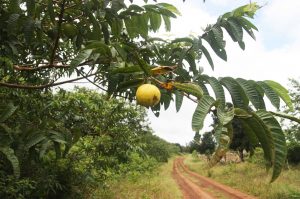 Biodiversity
Biodiversity
Many of the plant and animal species on the Galapagos are not found anywhere else on earth: 80% of the land birds, 97% of the reptiles and land mammals, and more than 30% of the plants are endemic. With such a rich biodiversity, many species have yet to be discovered in the Galapagos. However, many species are also being threatened with extinction due to human activities or natural hazards, putting this special biodiversity at risk.
Environmental Change
Many of our projects focus on environmental change as the key factor for understanding how we help manage and conserve our precious global environment worldwide. Environmental changes stemming from natural disasters, human activity, or ecological processes can shape the availability of natural resources, the abundance and distribution of the islands’ flora and fauna, and the interaction between humans and their environment. The Galapagos provides an ideal laboratory for understanding these issues in other settings around the world.
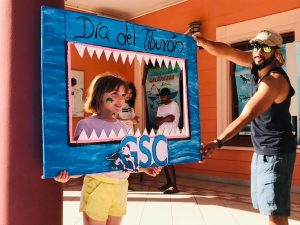 Community & Human Health
Community & Human Health
We take a collaborative, multisector, and transdisciplinary approach — working at the local, regional, national, and global levels — to achieve improved human health and well-being. Our approach identifies the inhabitants who are most vulnerable due to a lack of material wealth, water and food insecurity, and gender-related issues. We recognize that the health and well-being of local inhabitants is key to the conservation and sustainability of the Galapagos, like many other ecologically sensitive places.
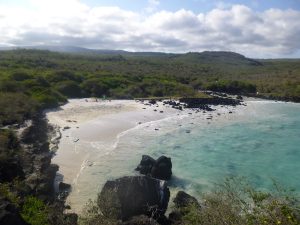 Conservation
Conservation
Our projects aim to find mechanisms to improve the protection of key terrestrial and marine ecosystems of the Galapagos Islands, as models for other oceanic islands and ecological vulnerable areas. We understand that the Galapagos is under a vast number of anthropogenic pressures but also recognize that local populations are key to improving management and sustainability. We work closely with the Galapagos National Park and local governments to advance and improve management actions.
Oceans
Oceans are at the base of all our environmental and ecological systems. The health of the oceans determines the health of the rest of our planet. Resource extraction, climate change, pollution, and invasive species stress marine systems and threaten the future of our oceans’ well-being. The lack of effective governance and social institutions present challenges for ocean conservation and sustainability.

